Young Paris
Photographed and Styled Young Paris for Highsnobiety.
Read below for more info on Jay-Z’s protege:
Published 10/25/ 2016
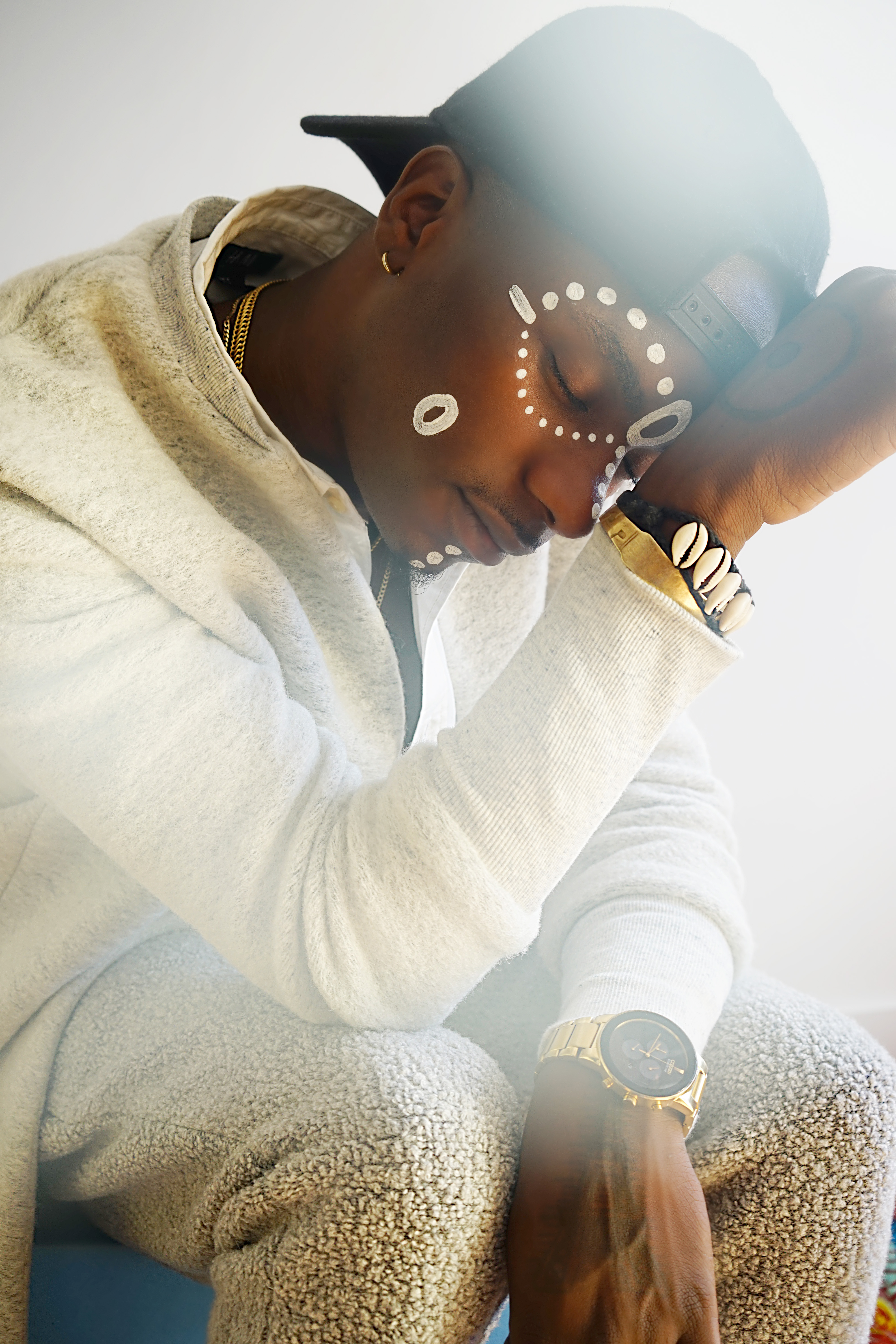
“You can imagine how theatrical our house was, there were colorful costumes everywhere,” says Milandou Badila via FaceTime. He’s relaxing at a friend’s apartment ahead of a Redbull Music Academy performance in Montreal. Badila, who goes by the stage name Young Paris, enjoyed a childhood that spanned three continents and was shaped by constant exposure to the arts. His father, who passed away in 2011, was a dancer, choreographer and musician as well as the co-founder of the National Ballet of Congo, the country’s first internationally recognized dance troupe. The ballet’s formation came at a critical point in Congo’s history and helped create a sense of unity in the country during the tumultuous time of independence in the 1960s. Paris’s mother was equally immersed in the creative scene; she worked as a playwright and professional dancer. The latter career choice led her to become acquainted with Paris’s father. “She was invited to dance at my father’s studio [in Paris]. Long story short, they fell in love and had seven kids. He had three before he met her so I have 10 siblings in total,” Paris shares.
When the rapper was around seven the family moved from Paris to upstate New York. Still, the change in environment did little to uproot Badila’s familial ties to Congo, where his mother and father would take him to visit between return trips to Paris. This cross-cultural range of experiences soon influenced Badila’s taste in music. As an artist, his interest in divergent genres creates a unique soundscape that blends tropes of traditional hip-hop and trap with EDM, afrobeat and afrohouse.
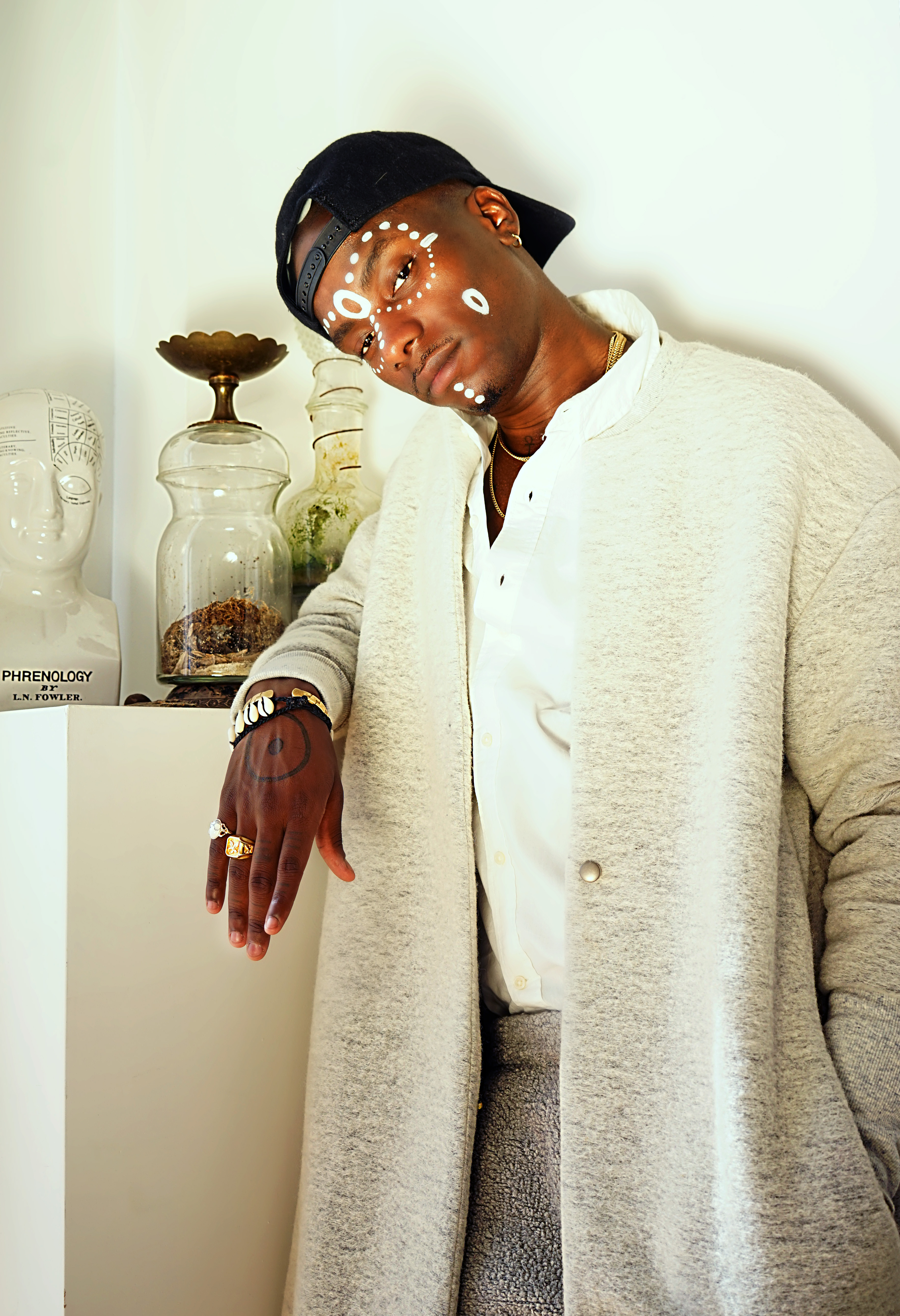
“I was involved with a lot of different music styles, ” Badila explains. “I grew up with a lot of traditional African music from Salif Keita to Papa Wemba, so most of my young life was African music. Then, growing up in America, I became interested in hip-hop, I wanted to rap like other kids. As I got older I started going to festivals and I’d hear EDM and trap so I just started mixing all of those different sounds. Now seeing what’s happening with afrobeat it’s created another lane for me because my music already has a lot of those elements.”
In this last year alone global megastars like Drake have turned an eye to the African continent, tapping artists such as Wizkid for chart-topping features. As a result, a new permutation of African-influenced American hip-hop is emerging. It creates a prime opportunity for someone like Paris, whose first-generation experiences position him in the crosshairs of two cultures. He has essentially emerged as a human bridge between traditional hip-hop and the music of the African continent. Following in the footsteps of his mother and father, Paris has created a platform that uses popular culture and performance as a tool for injecting African histories into Western conversations. In 2016, he released the African Vogue EP, which spawned its own hashtag on Twitter specifically dedicated to highlighting the accomplishments of the black diaspora.
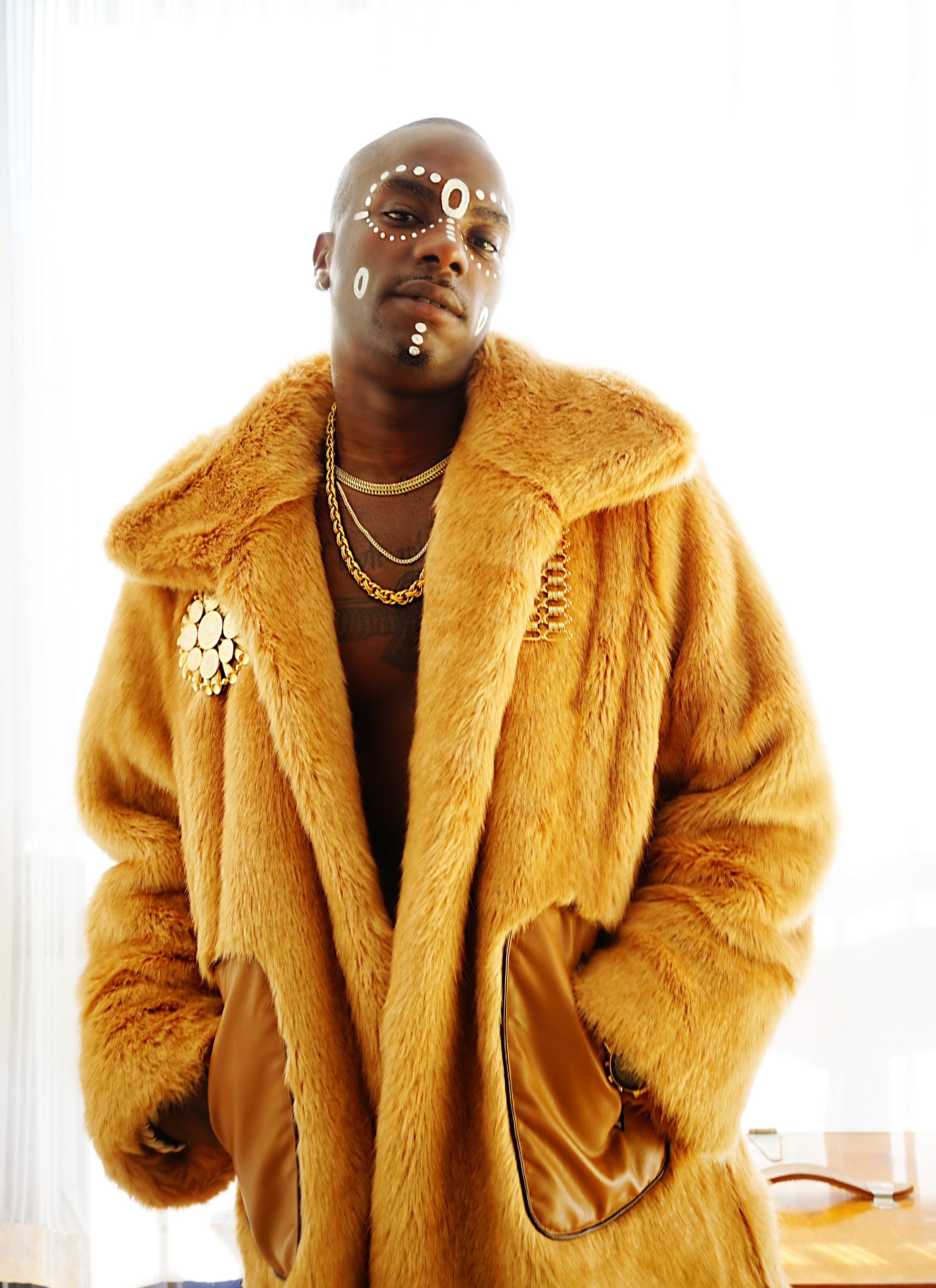
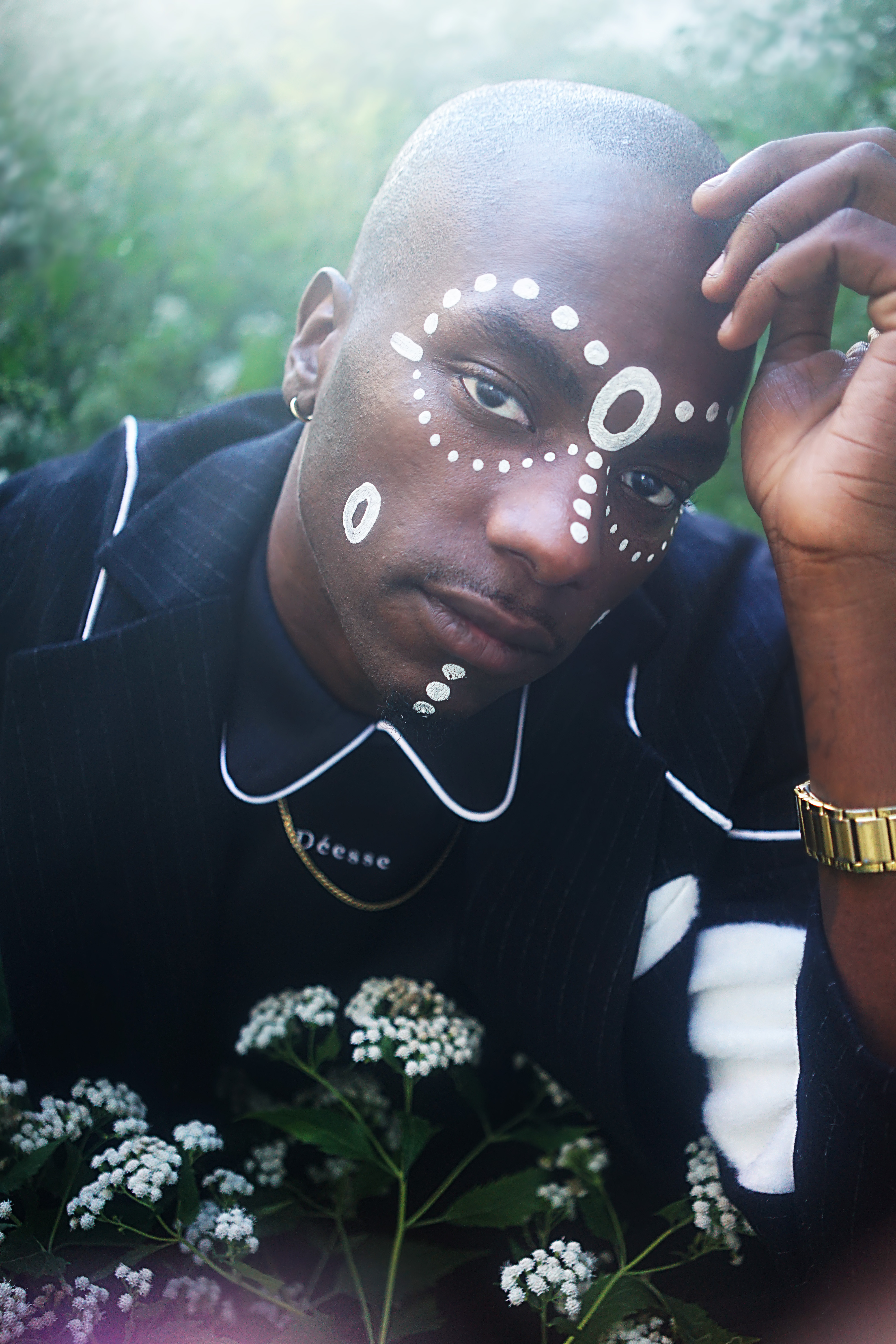
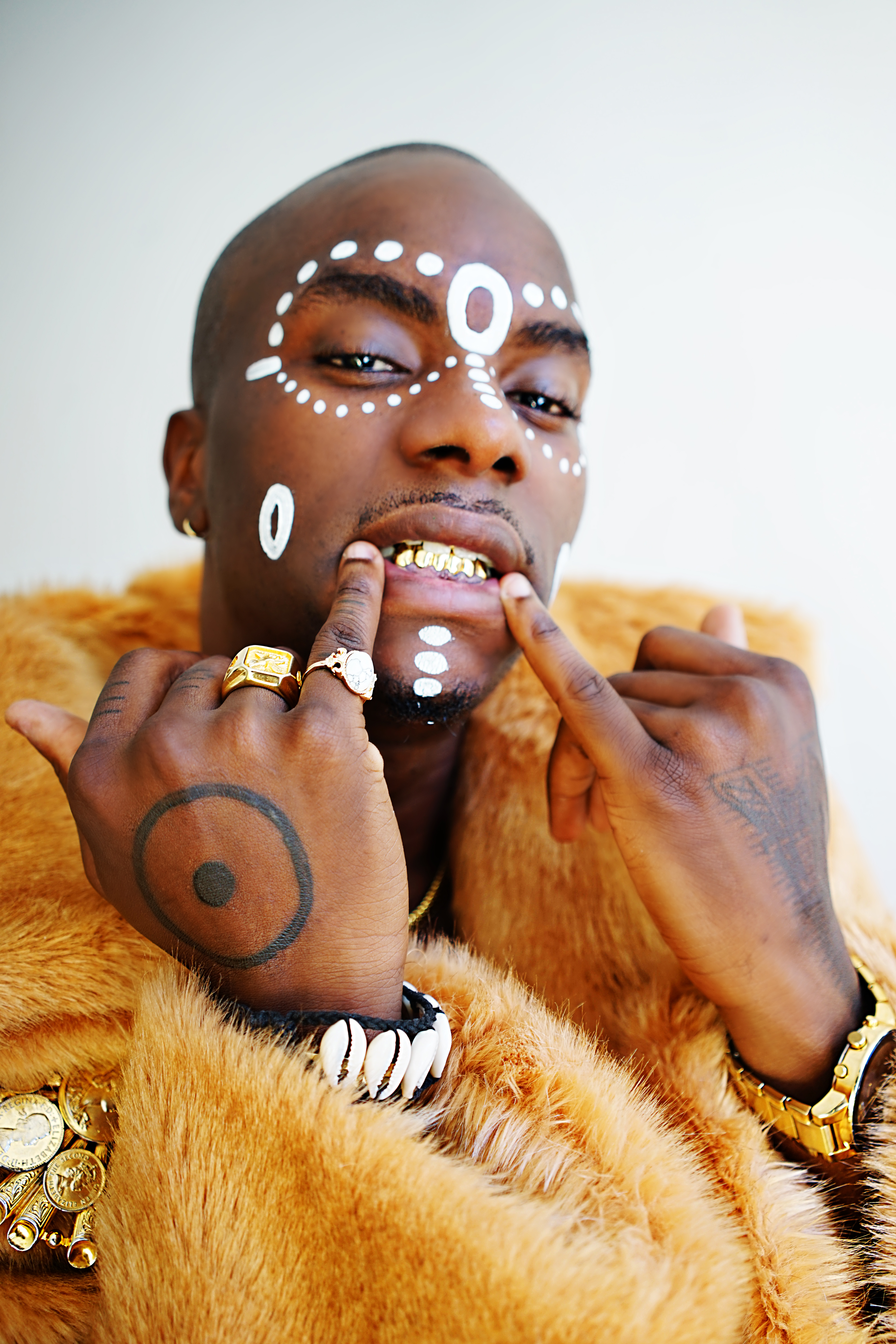
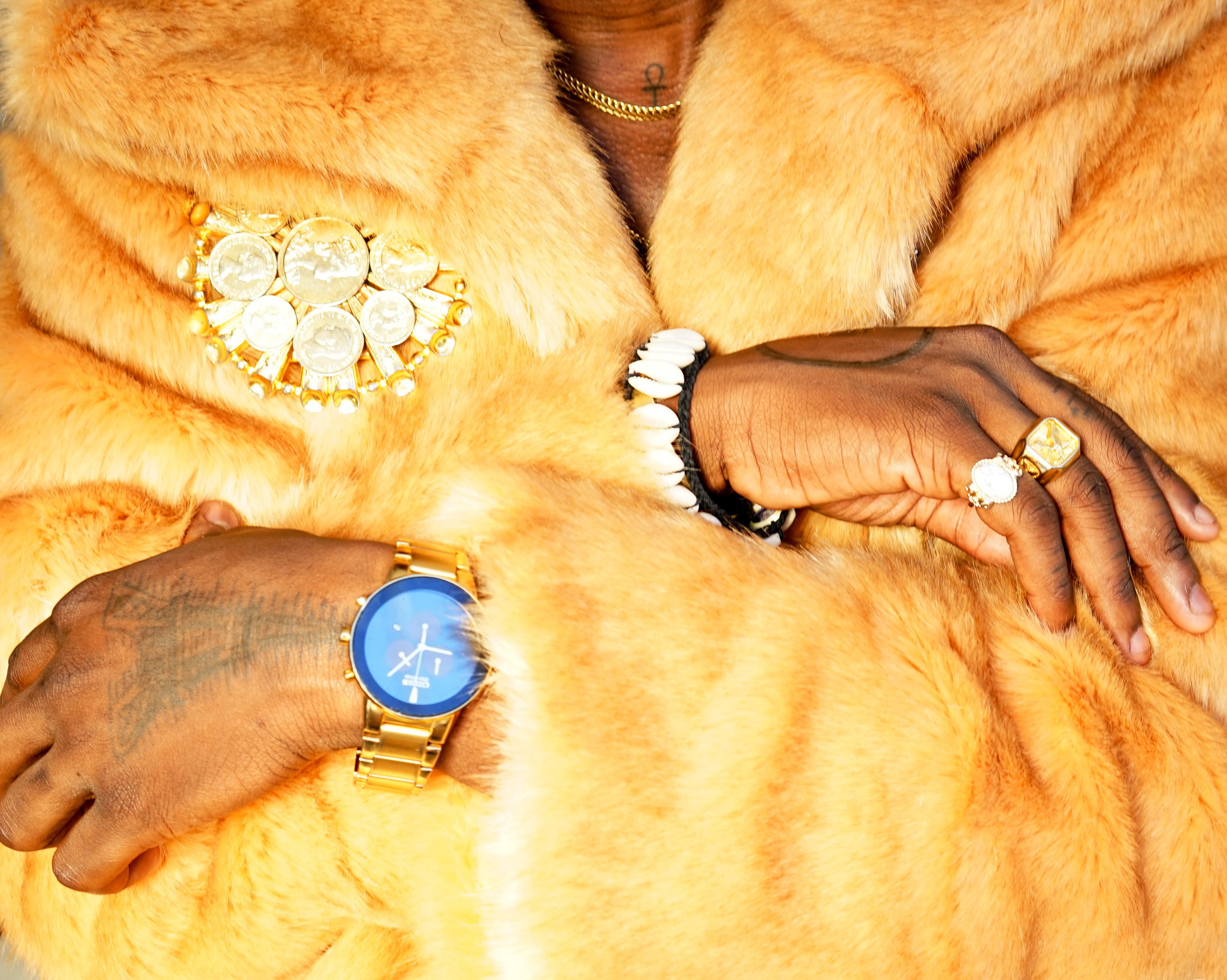
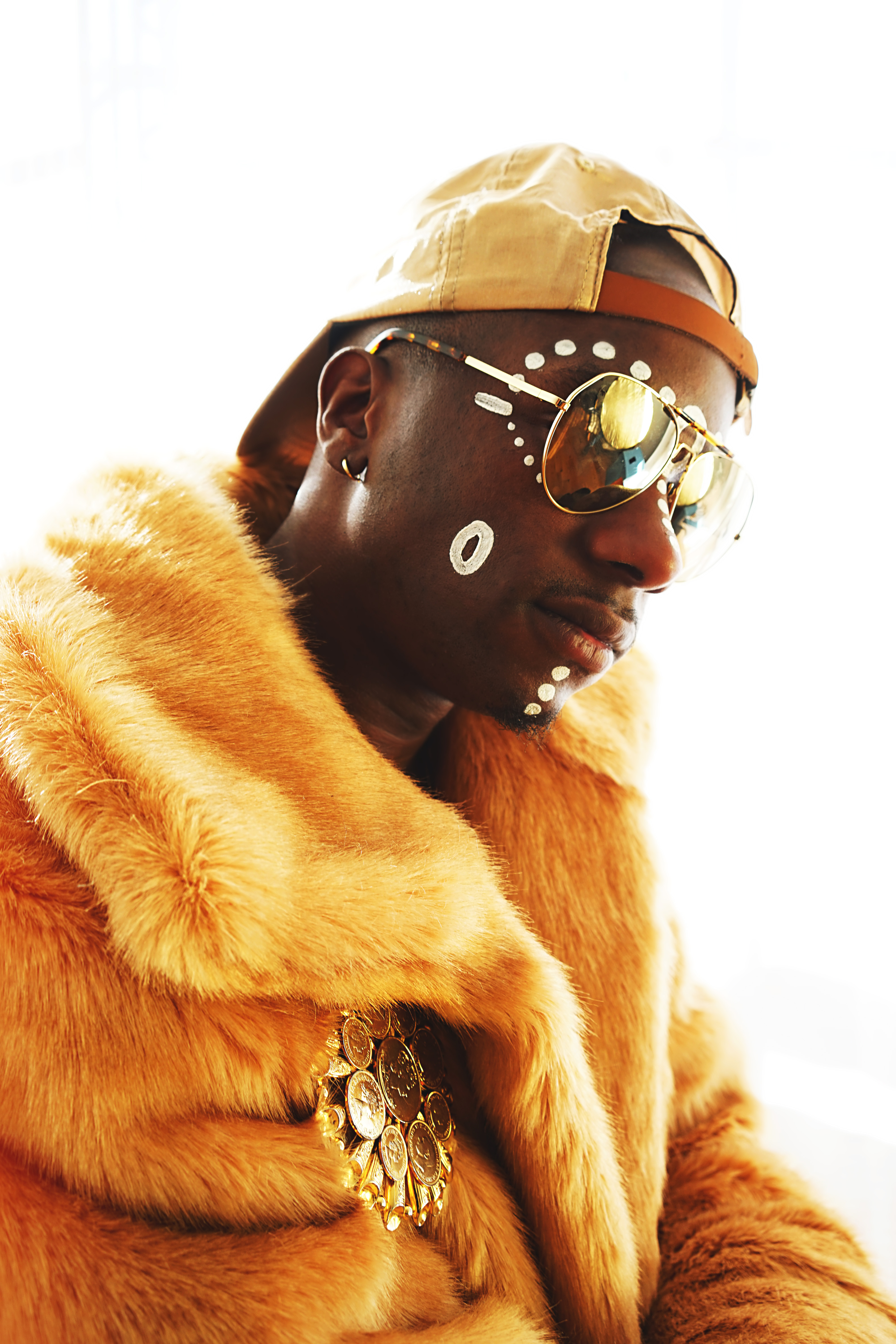
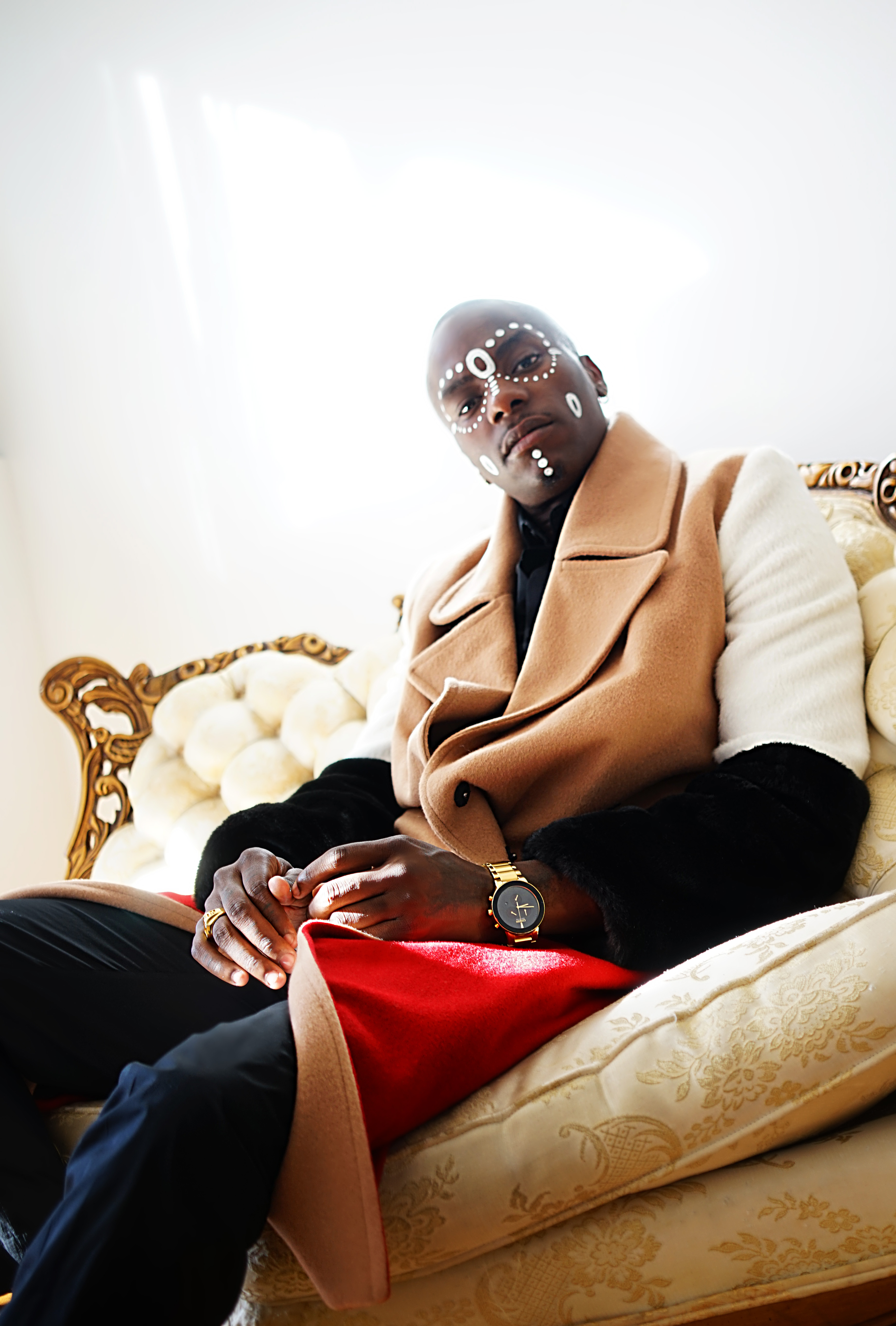
Click here to read full interview on by Stephanie Smith Strickland on Highsnobiety